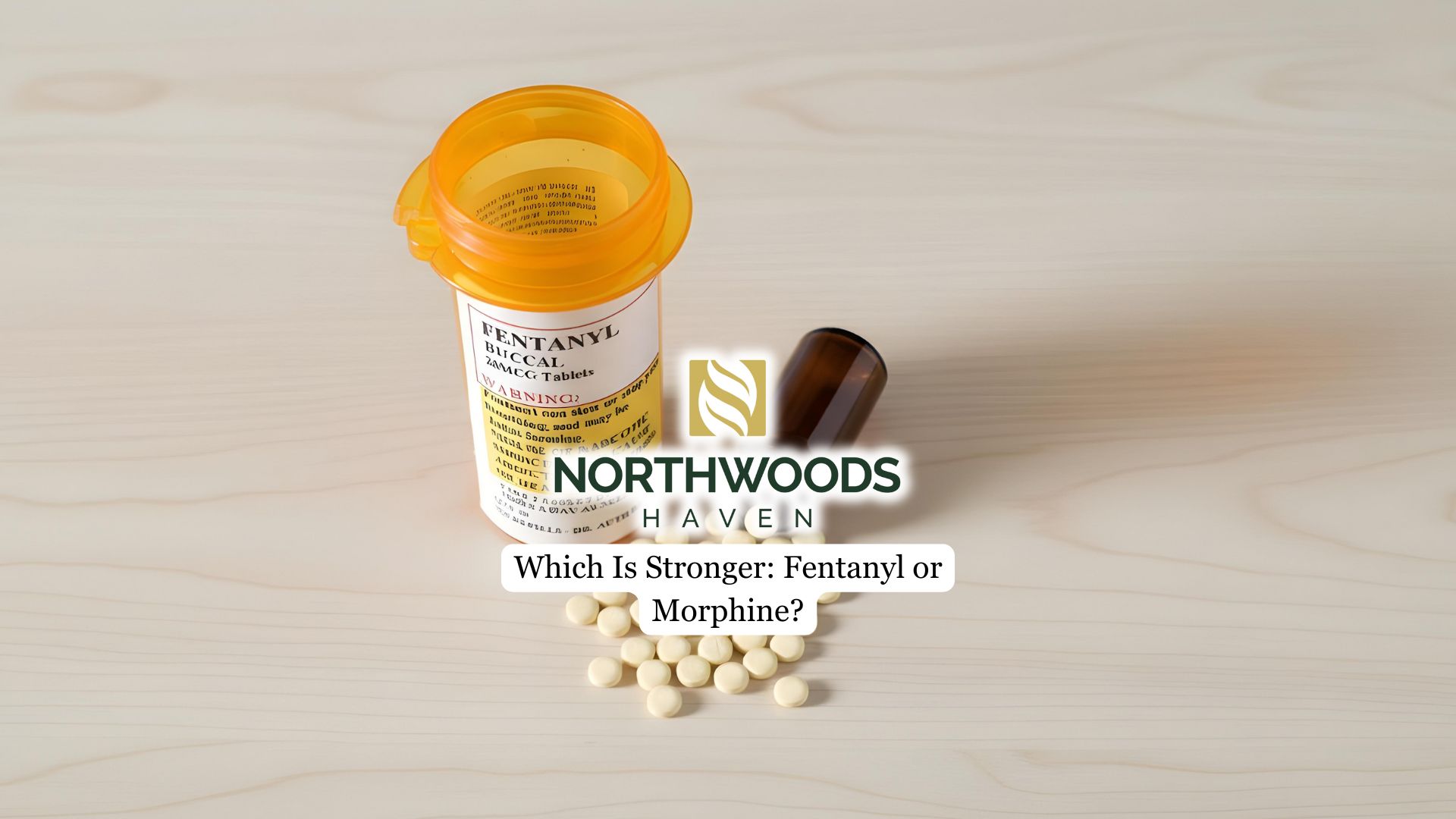Cognitive Behavioral Therapy (CBT) is a widely used treatment approach in addiction recovery programs. CBT helps individuals identify and modify negative thought patterns and behaviors that contribute to substance abuse.
As we look into the application of CBT in addiction treatment, we will explore its core principles, specific techniques, and the evidence supporting its efficacy in promoting lasting recovery and improving the overall quality of life for those battling substance use disorders.
Components of CBT in Addiction Treatment
CBT in addiction treatment consists of several key components. It focuses on identifying and challenging the negative thought patterns that contribute to SUDs, while enhancing motivation for change.
Through functional analysis, you’ll gain a deeper understanding of the triggers and consequences of your substance use behaviors, recognizing the thoughts and feelings that lead to addiction.
Skills training within CBT equips you with effective coping strategies to manage stress and environmental triggers without turning to substances.
CBT emphasizes relapse prevention by helping you develop alternative coping mechanisms and problem-solving skills to handle cravings and high-risk situations, promoting long-term recovery.
Northwoods Haven’s IOP in MN, with its focus on Cognitive Behavioral Therapy, could be the key to unlocking a brighter future free from addiction.
CBT Techniques Specific to Addiction Treatment
Thought Records assist in examining and challenging automatic negative thoughts related to substance use, fostering more positive thinking patterns.
Behavioral Experiments contrast negative assumptions about sobriety with real-life experiences, encouraging healthier behaviors.
Imagery-Based Exposure allows you to confront and process painful memories associated with SUD, reducing anxiety and emotional distress over time.
A Pleasant Activity Schedule promotes engaging in enjoyable activities that generate positive emotions and serve as alternatives to substance use.
Mindfulness practices improve self-awareness and emotional regulation, aiding in managing cravings and triggers effectively.
CBT in Different Treatment Settings
In individual therapy, you’ll work one-on-one with a therapist to identify triggers and develop coping strategies tailored to your unique struggles.
Group therapy harnesses the power of shared experiences and peer support, as you and other participants learn CBT techniques together, fostering a sense of community and accountability.
Family therapy sessions incorporate CBT principles to address relationship dynamics that may contribute to substance use, promoting healthier communication and support systems within your family unit.

Effectiveness of CBT for Different Substance Addictions
While CBT has proven its worth in treating various substance use disorders, its effectiveness may vary depending on the specific addiction you’re facing.
Research shows that CBT is especially effective for alcohol use disorder, with success rates surpassing other therapeutic approaches. If you’re struggling with one of these addictions, CBT could be a powerful tool in your recovery journey.
Combining CBT with other strategies, like support groups, can also enhance overall treatment effectiveness for substance use disorders. Typically involving 12 to 16 sessions, CBT helps you identify and alter negative thought patterns contributing to addictive behaviors.
Randomized controlled trials consistently support CBT’s superiority in maintaining abstinence compared to no treatment, underscoring its value in overcoming addiction.
Benefits of CBT in Addiction Recovery
CBT’s problem-solving focus empowers you to handle stressful situations without turning to substances.
By addressing cognitive and environmental triggers, you’ll gain awareness and develop strategies to manage them effectively, reducing relapse risk.
CBT provides patients with practical coping strategies to manage cravings, stress, and triggers without resorting to substance use. It also enhances self-awareness and self-esteem, which are crucial components for achieving and maintaining long-term sobriety.
On top of that, CBT’s structured nature and focus on measurable goals provide motivation and tangible progress markers for individuals in recovery.
The therapy’s adaptability allows for personalized treatment plans, addressing the unique challenges and circumstances of each patient.
Final Thoughts from Northwoods Haven Recovery
Cognitive Behavioral Therapy (CBT) is a key component of Northwoods Haven’s Intensive Outpatient Program in Minneapolis, MN. It provides a versatile and effective pathway to recovery. This approach equips individuals with the tools to develop coping strategies and relapse prevention techniques that are customized to their specific needs. Our program offers a comprehensive framework for sustainable recovery by integrating CBT with a holistic approach that includes individual and group therapy, mindfulness-based practices, and family support



